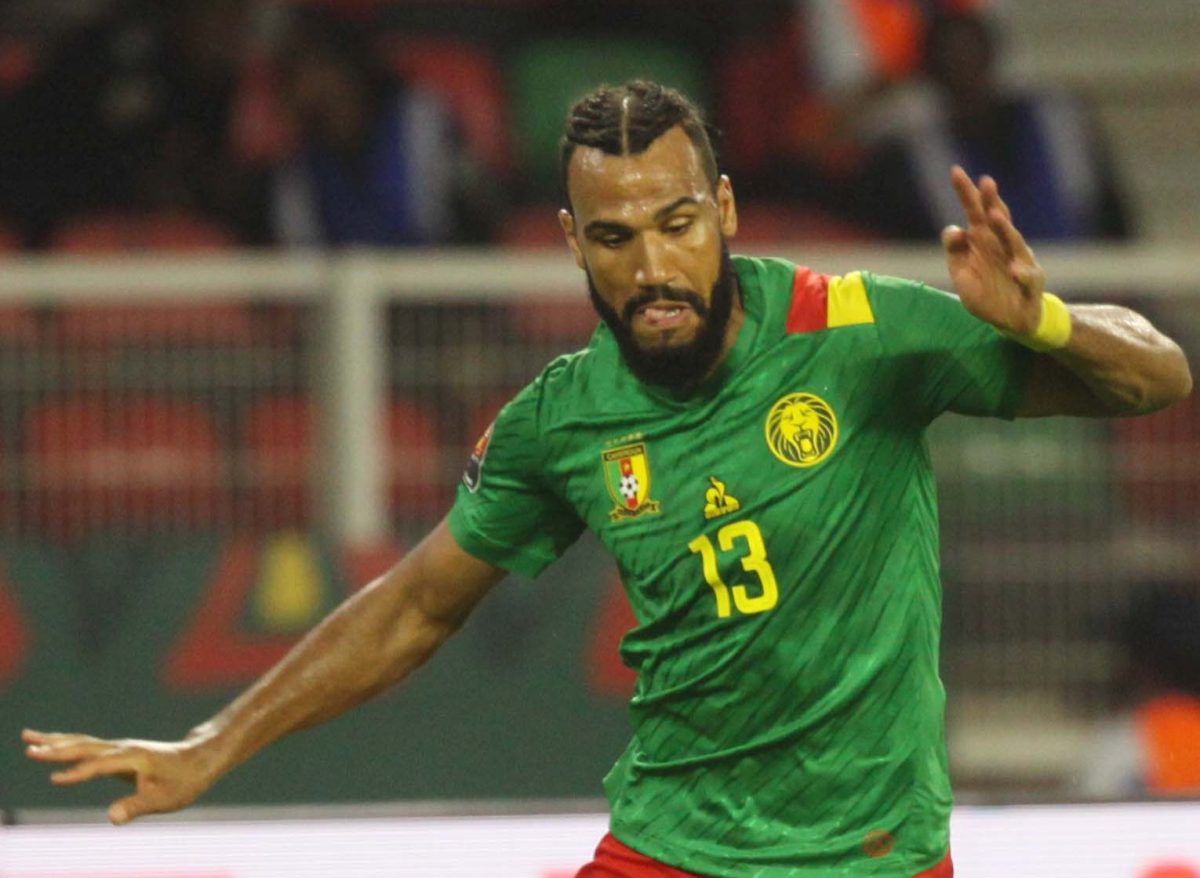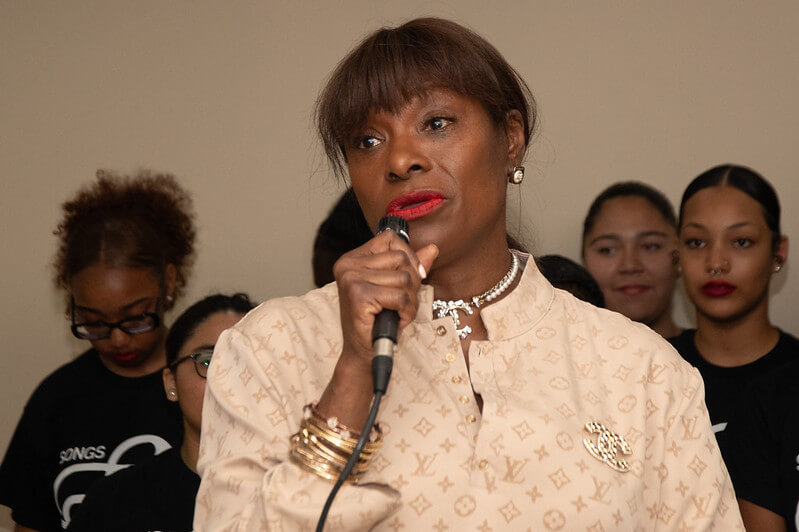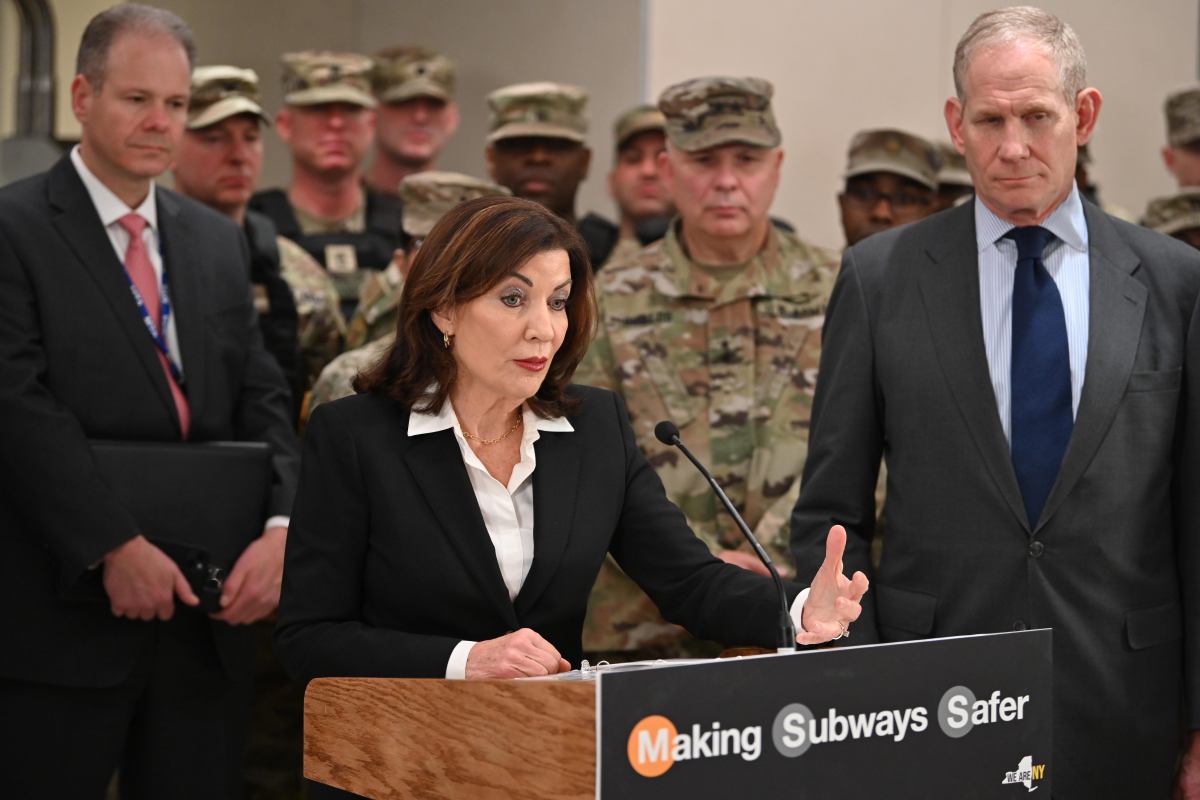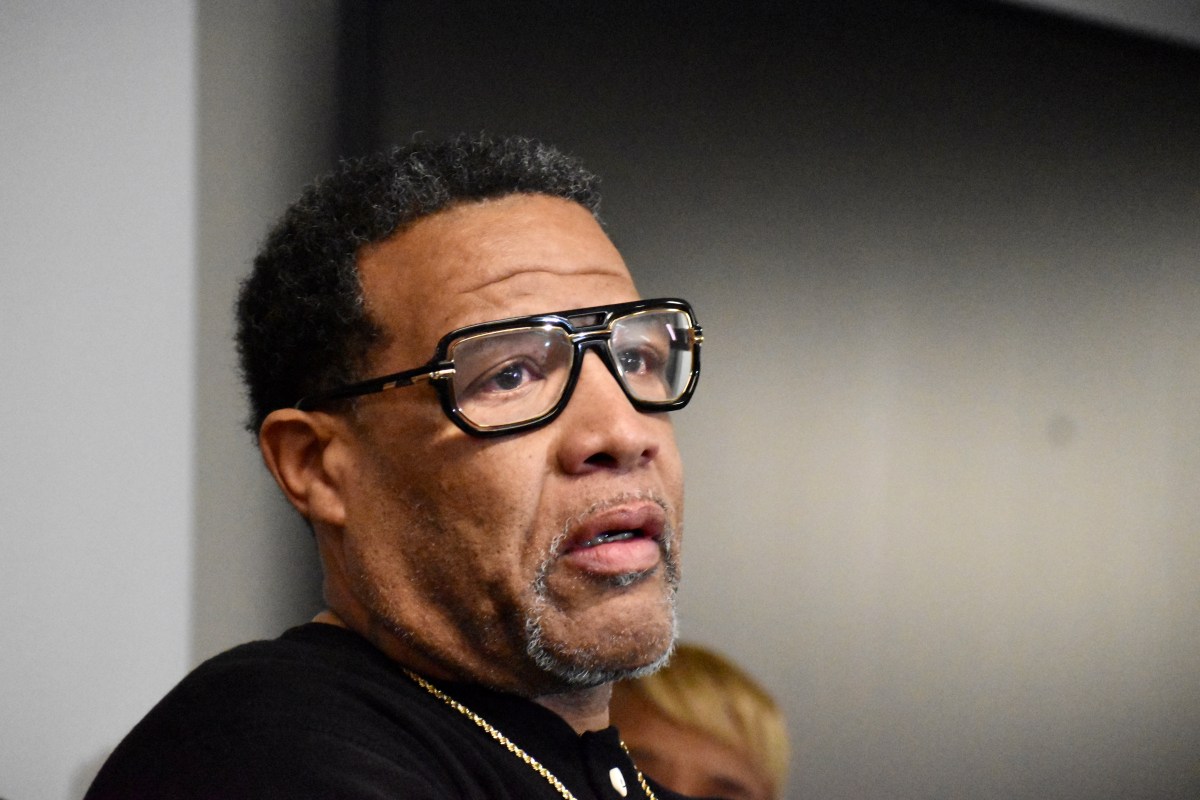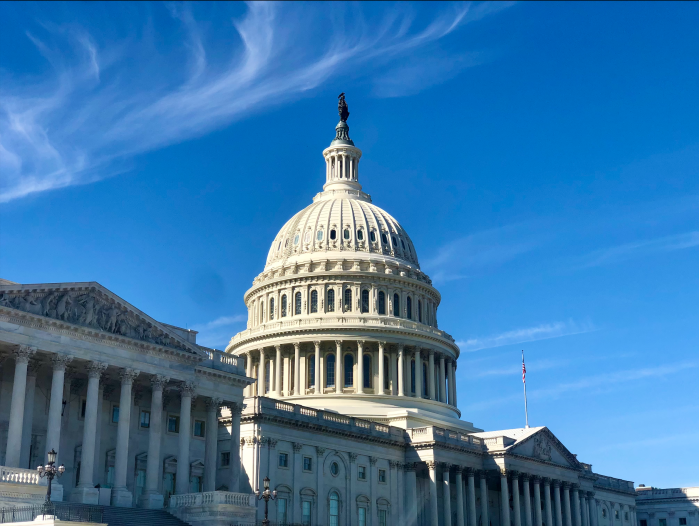By Guy Faulconbridge
LONDON (Reuters) -The Kremlin said on Thursday that Russia was putting “colossal” energy into talks on a possible peace deal with Ukraine but did not see such “zeal” from Kyiv, and agreement had yet to be reached.
President Vladimir Putin’s spokesman Dmitry Peskov said talks were continuing and Russian negotiators were ready to work around the clock.
“Our delegation is putting in colossal effort,” Peskov told reporters. “I repeat again, our delegation…is ready to work around the clock and has demonstrated such readiness – but unfortunately we don’t see such zeal from the Ukrainian side.”
Ukraine says it is willing to negotiate to end the three-week-old war that erupted after Russia invaded its neighbour, but will not surrender or accept Russian ultimatums.
“Negotiations are complicated. The positions of the parties are different. For us, fundamental issues are inviolable,” presidential adviser Mykhailo Podolyak said in a tweet.
Russia’s invasion has killed thousands of people, displaced more than 3 million and raised fears of a wider confrontation between Russia and the United States, the world’s two biggest nuclear powers.
Putin calls it a “special military operation” that he says was necessary because NATO’s enlargement threatened Russia, and to halt what he called the “genocide” of Russian-speaking people in Ukraine since Moscow’s 2014 annexation of Crimea.
Ukraine and its Western backers dismiss the claims of genocide. They believe Russia launched the unprovoked war to subjugate a neighbour Putin calls an artificial state.
Russia says the West – and its media – has ignored the persecution of Russian-speaking people in Ukraine, which was part of the old Moscow-dominated Soviet Union before winning statehood upon its break-up in 1991.
Turkish President Tayyip Erdogan told Putin on Thursday he would be happy to host him and Ukrainian leader Volodymyr Zelenskiy for talks. Russia has said such high-level talks would only happen to seal a deal.
WEEKS OF TALKS
Talks on trying to find an end to the conflict began on Feb. 28, four days after Putin ordered troops into Ukraine. Some talks have been in person at the Belarusian border or in Belarus while others have taken place on video conference.
Russia wants a neutral Ukraine and a written guarantee that its former Soviet neighbour would never join the NATO military alliance. While scolding the West at a meeting in Moscow on Wednesday, Putin said Russia was prepared to talk.
“On the principal questions for Russia and its future – a neutral status for Ukraine, demilitarisation and denazification – we always were ready and are ready now to discuss at talks,” Putin said.
Peskov said that if Ukraine agreed such a document and adhered to it then Russia “could very quickly stop what is happening.”
Asked about a Financial Times report that Ukraine and Russia had made significant progress on a tentative peace plan, Peskov said: “It is not right – there are elements there that are right but on the whole it is incorrect.”
U.S. stocks edged lower on that statement.. The FT did not immediately commment.
Russia’s chief negotiator, Kremlin adviser Vladimir Medinsky, said on Wednesday that Ukraine had suggested an Austrian or Swedish variant of neutrality.
“We need a peaceful, free, independent Ukraine – neutral and not a member of a military bloc, not a member of NATO,” said Medinsky, who was born in Soviet Ukraine but graduated from the prestigious Moscow Institute of International Relations.
Ukraine’s Podolyak said Kyiv was seeking legally verified security guarantees, a ceasefire and the withdrawal of Russian troops.
Ukraine has repeatedly said it will never accept Russian control of Crimea or two Russian-backed rebel regions in eastern Ukraine which Moscow formally recognised as states three days before the war.
Western officials said significant gaps remained.
“Both sides are taking them seriously but there is a very, very big gap between the positions in question,” one official said, speaking on condition of anonymity.
“Those…who saw President Putin addressing the nation yesterday would be forgiven for thinking that Russia was not in compromising mood,” another official said.
(Reporting by Guy Faulconbridge; Editing by Mark Trevelyan)












